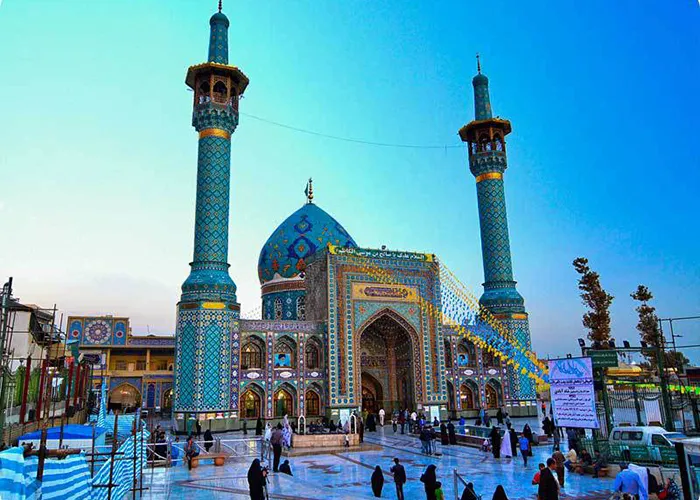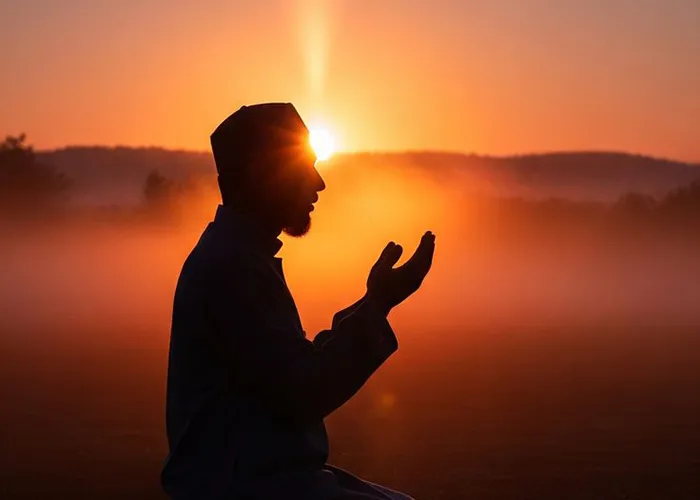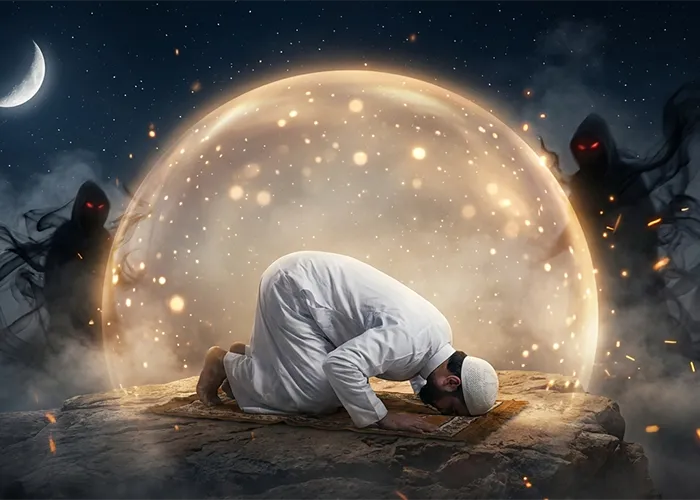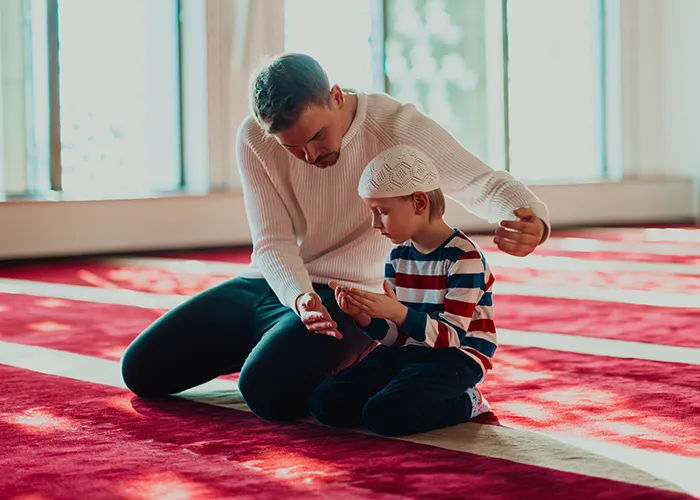Events of the Week– Friday Bulletin Issue09
21st August 2024
World Mosque Day.” This commemoration reflects on a significant event from 1969 when Al-Aqsa Mosque was targeted by arson.
On that day, Denis Michael Rohan, an Israeli citizen influenced by Christian Zionist beliefs, set fire to Al-Aqsa Mosque at 7:00 AM. Christian Zionists in the United States support the notion that demolishing Al-Aqsa and rebuilding Solomon’s Third Temple are essential for the second coming of Jesus Christ.
The arson resulted in extensive damage to Al-Aqsa Mosque, burning roughly 1,500 square meters. Significant structures within the mosque, including the historical pulpit ordered by Sultan Nur ad-Din Zangi and installed by Sultan Salah ad-Din Ayyubi, were destroyed. The fire also damaged the Mosque of Omar, the Mihrab of Zakariya, and the Maqam of Arba’in, along with three porticos and the main pillars supporting the mosque’s dome, leading to its roof collapsing and the loss of intricate decorations.
Al-Aqsa Mosque holds profound significance in Islam; it was the first Qibla and is believed to have been founded by Prophet David and completed by Prophet Solomon. It is revered as the third holiest site in Islam, following Masjid al-Haram and Masjid an-Nabawi. The mosque also marks the site where Prophet Muhammad ascended to heaven (Mi’raj) and led other prophets in prayer, further elevating its sacred status among Muslims.
22nd August 2024
Memorial Day for Ibne Ali Sina
Ibn Sina (Persian: ابن سینا, c. 980 – 22 June 1037 CE), commonly known in the West as Avicenna, was a preeminent philosopher and physician of the Muslim world, flourishing during the Islamic Golden Age, serving in the courts of various Iranian rulers. He is often described as the father of early modern medicine. His philosophy was of the Muslim Peripatetic school derived from Aristotelianism.
His most famous works are The Book of Healing, a philosophical and scientific encyclopaedia, and The Canon of Medicine, a medical encyclopaedia which became a standard medical text at many medieval universities and remained in use as late as 1650. Besides philosophy and medicine, Avicenna’s corpus includes writings on astronomy, alchemy, geography and geology, psychology, Islamic theology, logic, mathematics, physics, and works of poetry.
Avicenna wrote most of his philosophical and scientific works in Arabic, but also wrote several key works in Persian, while his poetic works were written in both languages. Of the 450 works he is believed to have written, around 240 have survived, including 150 on philosophy and 40 on medicine.
20th Safar 1446
Arbaeen of Imam al-Hussain (as)
Returning of Imam Hussain (as)’ household to Karbala 61/681
Arbaeen of Imam al-Hussain (as)
In Shia Islam, Arbaeen (Arabic: الأربعين, lit. ’fortieth’) marks forty days after Ashura, which is the martyrdom anniversary of Imam Hussain ibn Ali (pbuh), grandson of the Holy Prophet Hazrat Muhammad (pbuh) and the third Shia Imam (pbut). Imam Hussain ibn Ali (pbuh) was martyred, alongside most of his (pbuh) relatives and followers, in the Battle of Karbala on 10th Muharram 61 AH (680 CE) against the army of the Yazid ibn Mu’awiya (r. 680–683).
Returning of Imam Hussain (as)’ household to Karbala 61/681
On the 20th of Safar, on the 40th of Imam Hussain (as), Jabir Ibn Abdullah al-Ansari, came to visit Karbala with a companion of his by the name of Atiyyah. At this point, Jabir had lost his eyesight. So, he told Atiyyah, Ya Atiyyah take him to the river of Furat where he did a Ghusl, he performed a wash, and then he came out. He wore the best of his clothes, and he took some perfume and perfumed himself.
He took short steps towards the grave of Abi Abdillah Al-Hussain (pbuh). There is a tradition that suggests that when they arrive to the graves, Jabir Ibn Abdullah al-Ansari asked Atiyyah “Ya Atiyyah, take me to the grave of Abi Abdillah Al-Hussain (pbuh).” Atiyyah said, “I don’t know which is the grave of Imam Al-Hussain (pbuh).”
Back in those days, the grave of the Imam (as) was just sand and there were several piles of sands representing the graves there. Atiyyah said, “I don’t know which is the grave of the Imam (as).” Jabir said to him, “Take me to each grave. I will tell you which one is the grave.” So, Atiyyah said that Jabir started picking up some of the sand and smelling it until he arrived at the grave of Abi Abdillah Al-Hussain (pbuh). He picks up some of the sand, smelled that. He said “Ya Atiyyah, this is the grave of Al-Hussain (pbuh), this is the grave of Abi Abdillah Al-Hussain (pbuh).” Atiyyah asked him, “How do you know Ya Jabir?” He said, “I’ve kissed Husayn, I’ve smelled Husayn. I know his smell. And this is the smell of Abi Abdillah (pbuh).”
Jabir stood on the grave of Abi Abdillah Al-Hussain (pbuh). Then he threw himself on the grave. Three times he cried, “Oh Hussain, I am your beloved Jabir, and you are my beloved Hussain, respond to your beloved Jabir Ya Aba Abdillah (pbuh).”
After finishing the Ziyarat, Atiyyah said, “Ya Jabir, I am seeing a crowd of people coming from a distance.” Jabir said, “Let’s go investigate. If it is a crowd from Ubaydillah Al-Ziyad, we will go and hide. but, if it is my beloved master Imam as-Sajajd (as), then I will go and greet him.” The news came to Jabir. Ya Jabir, get up. This is your master Zain ul-Abidin (pbuh). He has come back with the Holy Family (pbut). Jabir fell over his hands and his (pbuh) feet, kissing them, crying Ya Ibn Rasulallah (pbuh), tell me what happened in Karbala. Imam as-Sajjad (as) started weeping and crying while saying, “Ya Jabir where shall I begin from? Ya Jabir. This is the place where our men were killed, our women were taken as prisoners.” The Holy family (pbut) came back to Karbala, where Hazrat Zaynab (pbuh) smelt the fragrance of Imam Al-Hussain (pbuh) coming from his (pbuh) grave. She (pbuh) threw herself (pbuh) crying from the camel onto the grave of Abi Abdillah Al-Hussain (pbuh). She (pbuh) said, “Oh Brother! Oh Hussain! Shall I tell you what I endured in my journey? Shall I show you, that my body has turned black from the beatings of Bani Umayyah! Every time I cried for you, every time I called you, they beat me with their whips, they hit me with their sticks.”
editor's pick
news via inbox
Subscribe to the newsletter.




